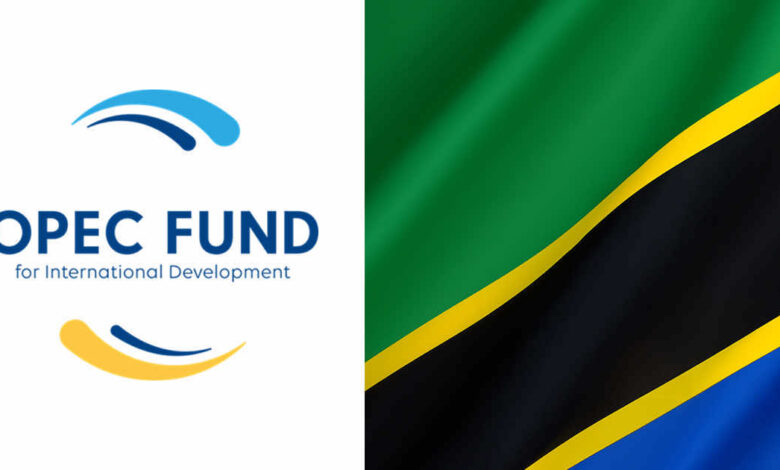OPEC Fund extends $50m for poverty reduction in Tanzania

The OPEC Fund for International Development (the OPEC Fund) has signed a US$50 million loan with Tanzania to finance the ‘Fourth Tanzania Poverty Reduction Project.’ The project will build rural infrastructure to boost economic opportunities and improve access to social services for more than 900,000 people.
Although Tanzania has made progress in reducing poverty over the past decade, around 26 million people – close to half the total population – live on less than US$1.90 per day. The Tanzanian government has launched several programs to tackle this challenge, including social safety net initiatives and three previous phases (also co-financed by the new project’s OPEC Fund).
Phase four will build infrastructure for education, health, water, agriculture, and transportation and create income-generating activities in animal husbandry and vegetable growing, in addition to employment opportunities. Work will be undertaken in the Arusha, Mwanza, Geita, and Simiyu regions in northern Tanzania and the south’s Njombe region.
OPEC Fund Director-General Dr. Abdulhamid Alkhalifa said: “The OPEC Fund has been committed to helping Tanzania reduce poverty and improve socio-economic conditions for many years. The present loan will help communities help themselves by building capacity, strengthening food security and household incomes, and improving social amenities. We have a strong partnership with Tanzania and look forward to seeing more progress on key development indicators soon.”
The OPEC Fund and Tanzania have a partnership that spans 45 years. During this time, the organization has committed more than US$370 million for 38 public sector operations (including the present project) across a wide range of sectors.
Transportation is one vital sector receiving OPEC Fund support. A recent US$26 million commitment from the organization is financing the Kazilambwa-Chagu Road Upgrading Project. The road is part of the 1,260 km east-west corridor, which links Tanzania’s two major ports of Dar Es Salaam in the east to Kigoma in the west. Improved connectivity will help increase agricultural and tourism-related activities and facilitate trade with neighboring Burundi and DR Congo.



